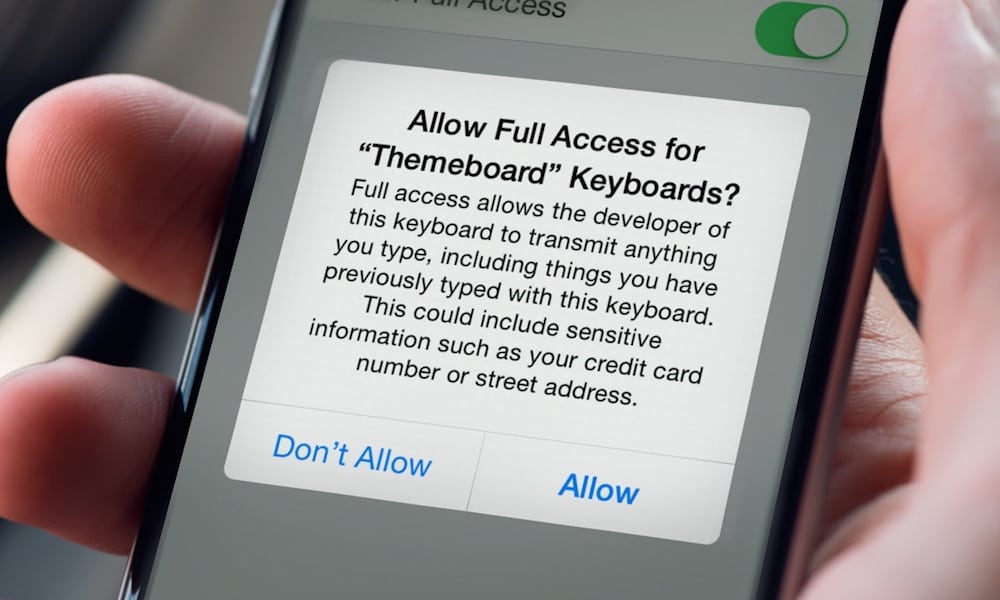U.S. Lawmakers Pressure Apple, Google to Answer Serious Privacy Questions
 Credit: TekRevue
Credit: TekRevueToggle Dark Mode
Lawmakers in the House of Representatives are pressing Apple and Google to answer questions about their data and privacy practices.
This week, the U.S. House Energy and Commerce Committee sent letters to Apple and Google parent company Alphabet with a set of 16 multi-part questions. The letter addressed to Apple CEO Tim Cook, specifically, cites recent reports in the media about data gathered through cell phones that “may be used in ways that consumers do not expect.”
Of course, the media reports the Committee cites specifically focus on Android — which is made by Google. But in the current conversations about digital privacy, lawmakers probably want to know where Apple stands on similar issues.
The questions are fairly broad and range from asking about Apple’s Location Services policies to whether or not iPhones record audio of their users without their consent (or the presence of an “unambiguous” trigger).
House lawmakers also questioned the use of Location Services by RapidSOS, as well as how Apple controls or limits data collected by third-parties.
One of the questions touches upon recent changes to the App Store developer guideline which prohibit apps from collecting data on users’ friends. Apple made that change, presumably, in response to the Facebook and Cambridge Analytica data scandal.
Finally, the letter asks Apple to arrange a briefing on the questions and topics listed. It did not, however, provide a definitive timeline for when Apple should make those arrangements. But the company has until July 23 to respond to the letter.
Apple’s Commitment to Privacy
Apple, of course, is probably not sweating these questions anyway.
The Cupertino tech giant has always had a longstanding commitment to protecting its users’ privacy. That stands in stark contrast to firms like Google, which often leverage user data for targeted advertising and other purposes.
The company has consistently been an outlier due to its more transparent and pro-privacy in its practices than Facebook, Google or Amazon. In other words, Apple sells users products. Its users are not the product.
As evidence of that, Apple maintains its own dedicated privacy webpage where it explains — in detail — its policies surrounding digital data and user privacy rights. And Apple regularly updates its various operating systems with security- and privacy-related features.
The upcoming macOS Mojave and iOS 12 are no exceptions. And, interestingly, certain new protections in Safari basically declare all-out-war on the tracking mechanisms used by other major technology and internet firms.
Apple will also roll out a new privacy page meant to comply with recent EU privacy regulations globally. Most other tech firms have hesitated to make their EU-compliant platforms available in other regions.
In a recent interview, Tim Cook succinctly summarized Apple’s view on data harvesting practices.
“The ability of anyone to know what you’ve been browsing about for years, who your contacts are, who their contacts are, things you like and dislike and every intimate detail of your life – from my own point of view it shouldn’t exist,” Cook said.






